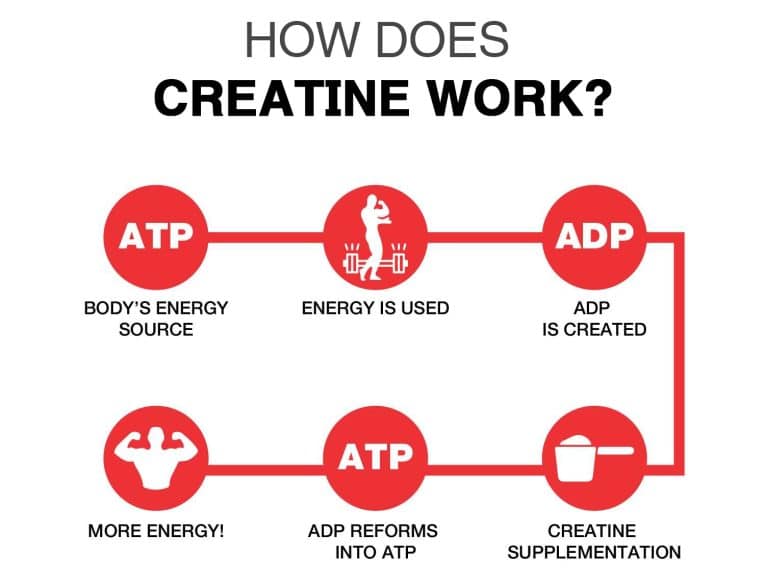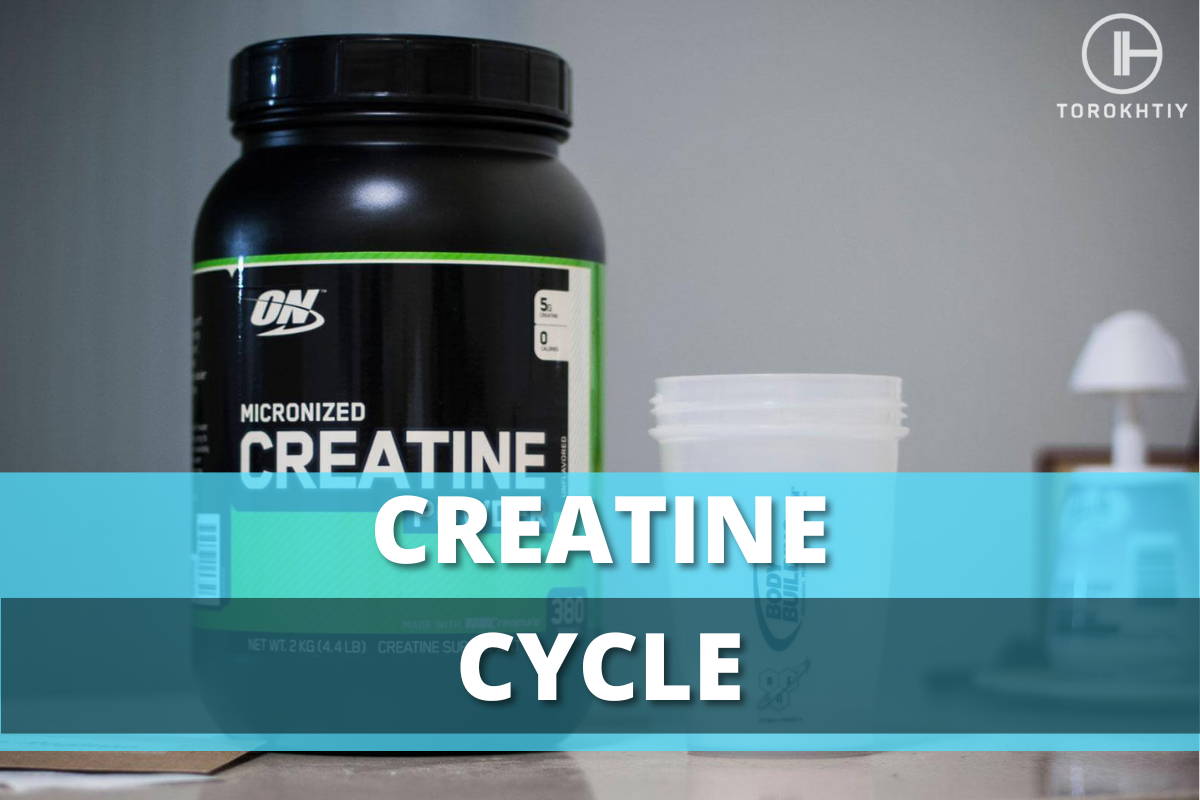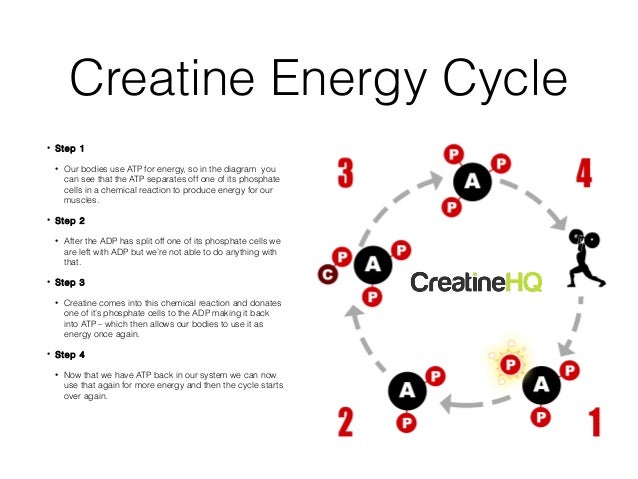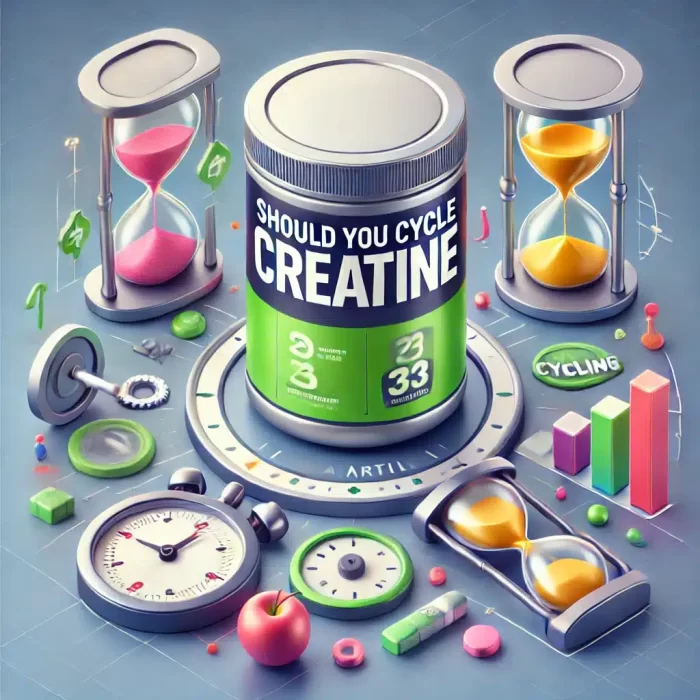Should You Cycle Off Of Creatine

Creatine, a popular supplement among athletes and fitness enthusiasts, is widely used to enhance muscle mass and improve exercise performance. But the question of whether to cycle off creatine remains a subject of debate and individual consideration.
This article explores the arguments for and against cycling creatine, examining the science, potential benefits, and any associated risks. It aims to provide readers with evidence-based information to make informed decisions about their creatine supplementation strategy.
What is Creatine and How Does it Work?
Creatine is a naturally occurring compound found in muscle cells. It plays a crucial role in energy production during high-intensity activities.
Creatine supplementation increases the availability of phosphocreatine, which helps regenerate adenosine triphosphate (ATP), the primary energy currency of cells, leading to improved strength, power, and muscle growth.
The Case for Cycling Creatine
The idea of cycling creatine, which involves periods of use followed by periods of abstinence, stems from concerns about potential long-term effects and the body's adaptation to the supplement.
Concerns about Kidney Function
One of the primary reasons cited for cycling creatine is the perceived risk of kidney damage. While studies have consistently shown that creatine is safe for individuals with healthy kidneys, some people worry about potential strain on the organs during prolonged use. There is no scientific consensus of creatine causing kidney problems in healthy individuals.
Many studies, including a review published in the Journal of the International Society of Sports Nutrition, have found no adverse effects on kidney function in healthy individuals taking creatine within recommended dosages. However, people with pre-existing kidney conditions should consult with a healthcare professional before using creatine.
Preventing Receptor Downregulation
Another argument for cycling creatine is the theory that long-term use may lead to downregulation of creatine transporters. This means that the body might become less efficient at absorbing and utilizing creatine over time, diminishing its benefits.
However, the evidence supporting this theory is limited. Some studies suggest that creatine uptake remains effective even with prolonged supplementation. More research is needed to determine whether receptor downregulation is a significant concern.
Maintaining Supplement Effectiveness
Some users believe that cycling creatine helps maintain its effectiveness. By taking breaks from supplementation, the body may become more responsive to creatine when it is reintroduced.
Anecdotal evidence supports this idea, but it lacks strong scientific backing. The perceived benefit may be more psychological than physiological.
The Case Against Cycling Creatine
Many experts argue that there is no compelling reason to cycle creatine, particularly for individuals who are not experiencing any adverse effects.
Consistent Benefits
Consistent creatine supplementation ensures that muscle creatine stores remain saturated, allowing for continuous performance enhancement.
By cycling off, athletes might lose some of the performance gains they have achieved. Several studies have demonstrated that continuous creatine use is safe and effective for extended periods.
No Proven Harm
As previously mentioned, research has consistently shown that creatine is safe for healthy individuals when used as directed.
There is no scientific evidence to suggest that long-term creatine supplementation causes harm to the kidneys or other organs. People are encouraged to stay hydrated while using creatine.
Convenience and Simplicity
Cycling creatine adds complexity to a supplement routine. For many, it's simpler and more convenient to maintain a consistent daily dosage.
Maintaining a stable creatine level in the muscles could yield more consistent results. It's all about personal preference.
Recommendations and Considerations
Ultimately, the decision of whether to cycle creatine is a personal one. Individuals should consider their health status, goals, and tolerance to the supplement.
Consulting with a Healthcare Professional
It is always recommended to consult with a doctor, registered dietitian, or qualified sports nutritionist before starting any new supplement regimen, especially if you have underlying health conditions.
Monitoring for Side Effects
Pay attention to how your body responds to creatine. If you experience any adverse effects, such as gastrointestinal issues, discontinue use and consult with a healthcare professional.
Maintaining Adequate Hydration
Creatine can draw water into muscle cells. It's important to stay adequately hydrated while taking creatine to avoid dehydration and potential muscle cramps.
The Bottom Line
The scientific evidence suggests that cycling creatine is not necessary for most individuals. Creatine is generally safe for long-term use within recommended dosages. The decision to cycle creatine ultimately depends on individual preferences, concerns, and experiences. Prioritize consulting with healthcare professionals to determine the most appropriate and safe approach for your specific needs.
By staying informed and making decisions based on credible information, individuals can optimize the benefits of creatine supplementation while minimizing potential risks.


















